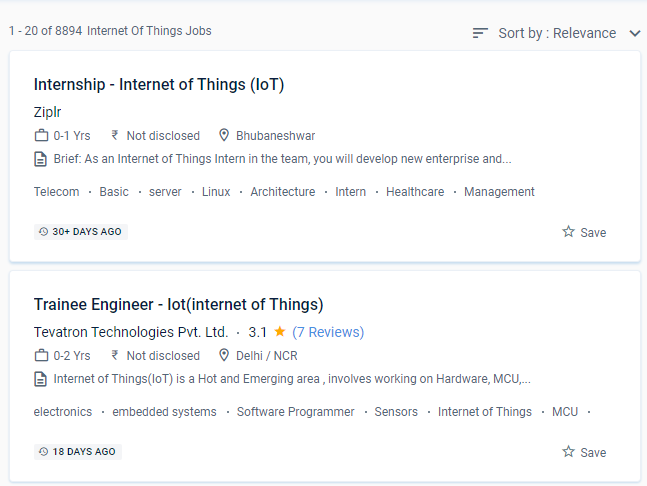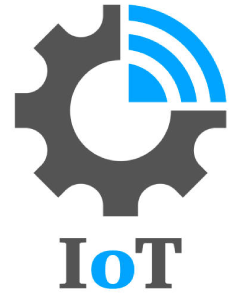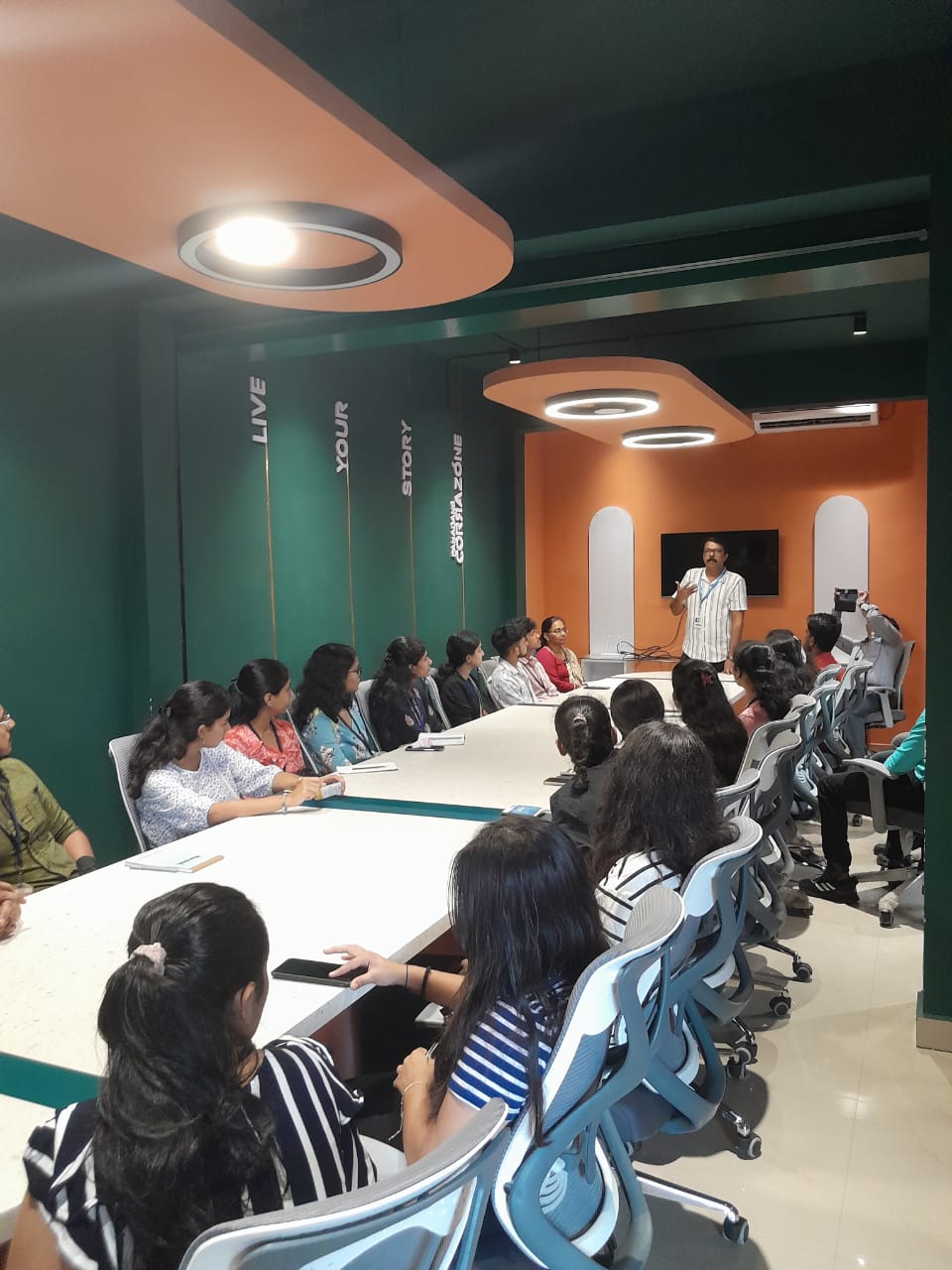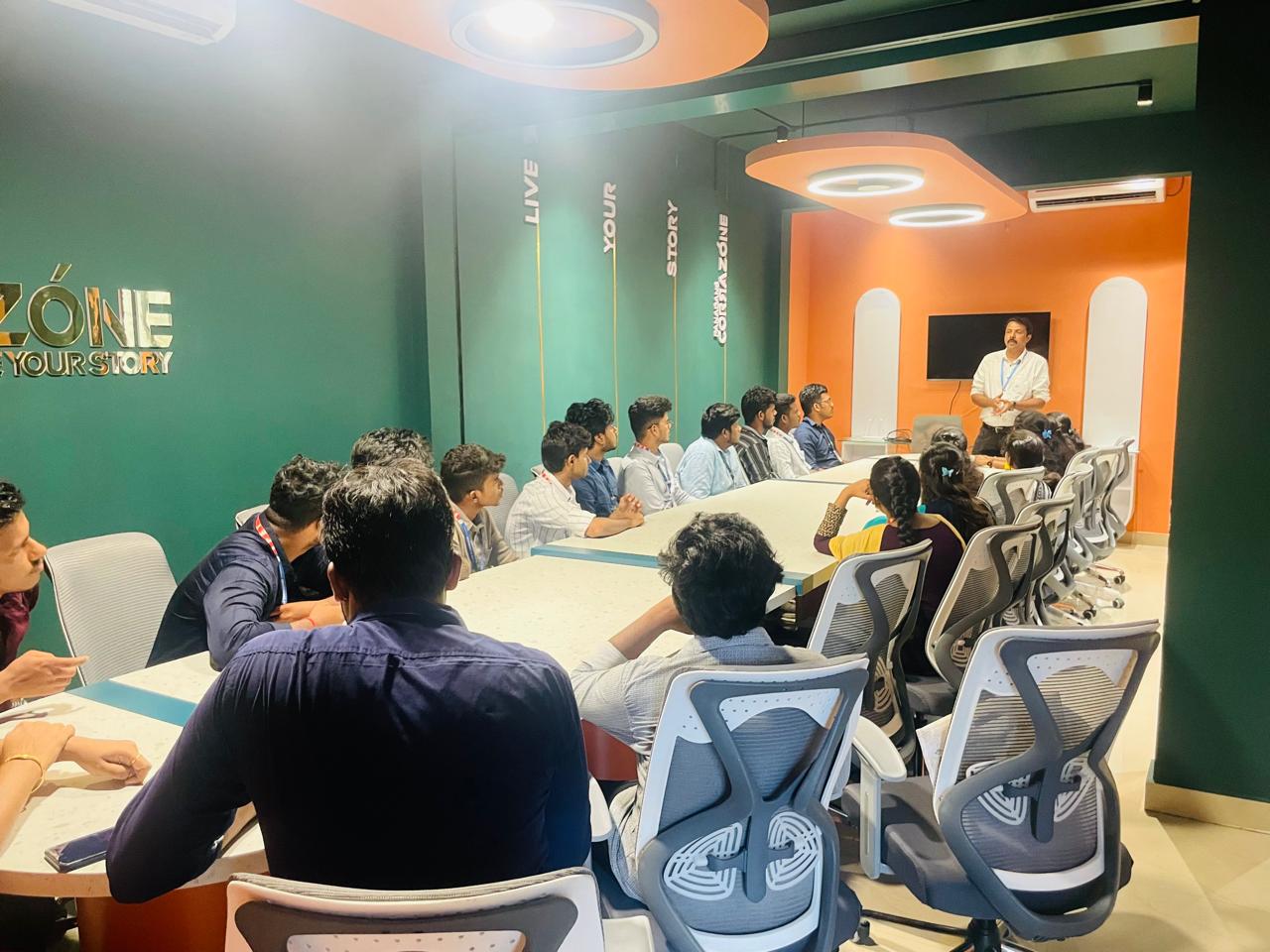IoT (Internet of Things) Training by Experts
Our Training Process

IoT (Internet of Things) - Syllabus, Fees & Duration
Module 1 - Introduction
- Concepts & Definitions
- Myth with IoT
- Business with IoT
- Carrier in IoT
- IoT Applications
- IoT system overview
- Node, Gateway, Clouds
- Why IoT is essential
- Machine learning
- Artificial Intelligence
Module 2 - IoT Architecture
- IoT Network Architecture
- IoT Device Architecture
- IoT Device Architecture
- Publish-Subscribe architecture
Module 3 - IoT Device Design
- Sensors
- Classification & selection criteria based on the nature ,frequency and amplitude of the signal
- Embedded Development Boards – Arduino, Raspberry Pi, Intel Galileo, ESP8266
Module 4 - IoT Communication Protocols
- Wired Communication Protocols
- Wireless Communication Protocols
- Application Protocols – MQTT, CoAP, HTTP, AMQP
- Transport layer protocols – TCP vs UDP
- IP- IPv4 vs IPv6
Module 5 - Cloud
- Concept & Architecture of Cloud
- Public cloud vs Private cloud
- Different Services in cloud (IAAS / PAAS / SAAS)
- Importance of Cloud Computing in IOT
- Leveraging different Cloud platforms.
Module 6 - Designing The IoT Product
- Interfacing peripherals & Programming GPIOs - Input/output peripherals, Sensor modules
- Design Considerations – Cost, Performance & Power Consumption tradeoffs
Module 7 - Programming
- Embedded C
- Python
- Arduino
Module 8 - Hands-On Using Raspberry Pi Board
- Setting up board
- Booting up Raspberry Pi
- Running python on Raspberry Pi, GPIO programming
- Interfacing sensors and LED (Input and output devices)
- Making a few projects
- Sending data to cloud 2 using Raspberry Pi board
- Sending data to cloud 3 using Raspberry Pi board
- Making raspberry Pi web server
- Making raspberry PI TCP client and server
- Making raspberry Pi UDP client and server
Module 9 - Use Cases
- A cloud-based temperature monitoring system using Arduino and Node MCU
- Esp8266 WIFI controlled Home automation
- Obstacle detection using IR sensor and Arduino
- Remote controlling with Node MCU
- Temperature monitoring using a Raspberry Pi as local server
- Raspberry Pi controlling Esp8266 using MQTT
- weather monitoring system using Raspberry Pi and Microsoft Azure cloud
Module 10 - Closer
- Existing Product in Market
- Barrier in IoT
This syllabus is not final and can be customized as per needs/updates





 The advantages of IoT for business depend on how it is implemented; agility and efficiency are frequently top priorities. Maybe you built a smart air conditioner or lighting system with weather-based automation settings. It is a network that connects machines all over the world to OTR equipment to improve data collection, analysis, and communication. The expansion of the Internet of Things has aided an increase in the number of deployments in buildings centered on remote monitoring. The term "Internet of Things" refers to devices that aren't typically expected to have an internet connection but will communicate with the network without the need for human intervention. They will also examine the costs, efficiencies, and, consequently, the carbon footprint of various resources to make better decisions in their manufacturing operations. Exploring IoT data in the field can provide you with a much better understanding of how a product works in a user's everyday life. We will remotely monitor our homes and businesses to keep them safe. The Internet of Things (IoT) is a coinage for a network of physical objects linked by sensors, software, and knowledge.
The most appealing aspect of IoT is that it has good sensors that will constantly monitor changing environmental conditions and alert us to impending disasters.
The advantages of IoT for business depend on how it is implemented; agility and efficiency are frequently top priorities. Maybe you built a smart air conditioner or lighting system with weather-based automation settings. It is a network that connects machines all over the world to OTR equipment to improve data collection, analysis, and communication. The expansion of the Internet of Things has aided an increase in the number of deployments in buildings centered on remote monitoring. The term "Internet of Things" refers to devices that aren't typically expected to have an internet connection but will communicate with the network without the need for human intervention. They will also examine the costs, efficiencies, and, consequently, the carbon footprint of various resources to make better decisions in their manufacturing operations. Exploring IoT data in the field can provide you with a much better understanding of how a product works in a user's everyday life. We will remotely monitor our homes and businesses to keep them safe. The Internet of Things (IoT) is a coinage for a network of physical objects linked by sensors, software, and knowledge.
The most appealing aspect of IoT is that it has good sensors that will constantly monitor changing environmental conditions and alert us to impending disasters.



















































































